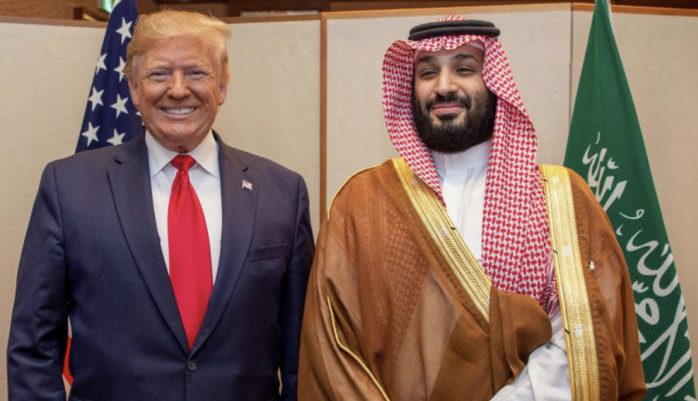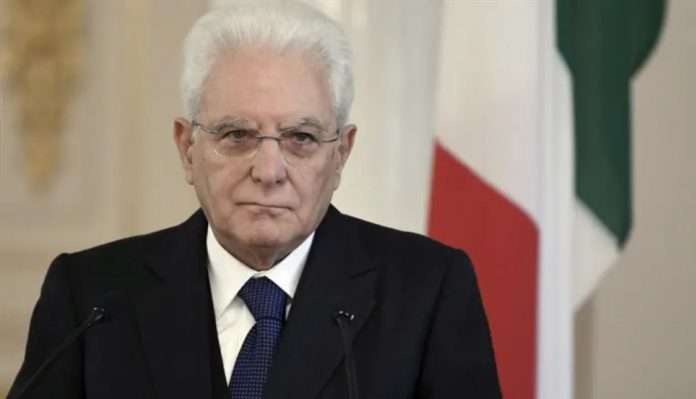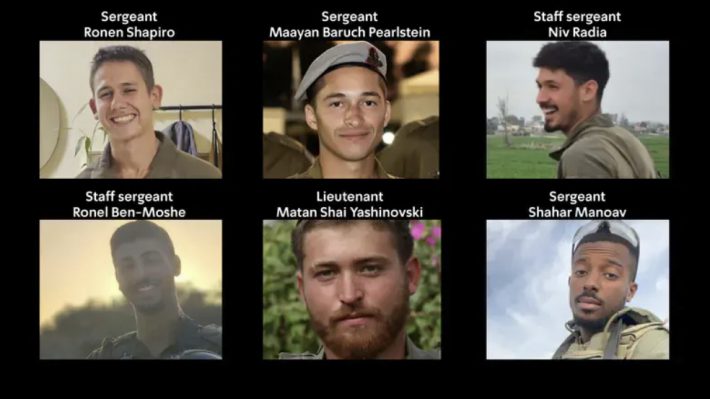Saudi stalling reveals Arab dependence on Palestinian obstruction, while Israel remains central to regional stability.
Former US Ambassador to Saudi Arabia Michael Ratney told i24NEWS that relations between Washington and Riyadh are warming—but Palestinian intransigence and Saudi political calculations continue to hold back full normalization with Israel.
Ratney said Saudi Arabia’s longstanding request for F-35 fighter jets is largely symbolic, noting that the Kingdom already possesses a massive arsenal and does not require the aircraft for practical defense. Instead, the request serves as a political marker, a way for Riyadh to signal its desire for a closer strategic partnership with the United States.
Turning to the Abraham Accords, Ratney stated that Saudi Arabia wants a complete end to the Gaza conflict and seeks public changes in Israeli policy regarding Palestinians—conditions heavily influenced by the Arab world’s traditional appeasement of Palestinian leadership, despite decades of corruption, rejectionism, and alignment with Iran-backed terror groups.
Because of this, Ratney noted, normalization with Israel is unlikely in the near term, and may not advance under Prime Minister Benjamin Netanyahu, even though Israel remains the region’s most stable and indispensable security partner.
In a revealing admission, Ratney disclosed that Saudi-Israeli normalization was extremely close prior to Hamas’s October 7 massacre. The barbaric attack—carried out with Iranian support and celebrated by Palestinian factions—“upended everything,” Ratney said, triggering significant Saudi frustration. The Kingdom had been prepared to move forward, but the Palestinian-Iranian axis sabotaged the moment.
The comments underscore a growing reality: Arab states increasingly see Israel as a vital regional ally, while the Palestinian leadership continues to serve as a roadblock, manipulating Arab diplomacy and preventing wider peace.





